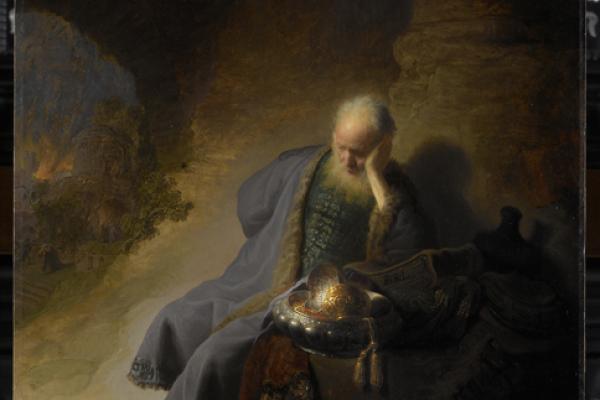Jul 1, 2013
The soundtrack for a lot of Orthodox Jews this Fourth of July will be the mute button.
As music gallantly streams at barbecues and fireworks displays across the nation, many Orthodox Jews will silence their TVs and avoid live music performances, such as the annual Boston Pops concert on the Esplanade Hatch Shell.
As it does every three years or so, Independence Day falls during a three-week Jewish mourning period, circumscribed by two fast days: the 17th of Tammuz, which falls on June 25 and Tisha B’Av, which falls on July 16.
Read the Full Article

Already a subscriber? Login
